What Happens After You Accept an Offer? Navigating the Home Selling Process
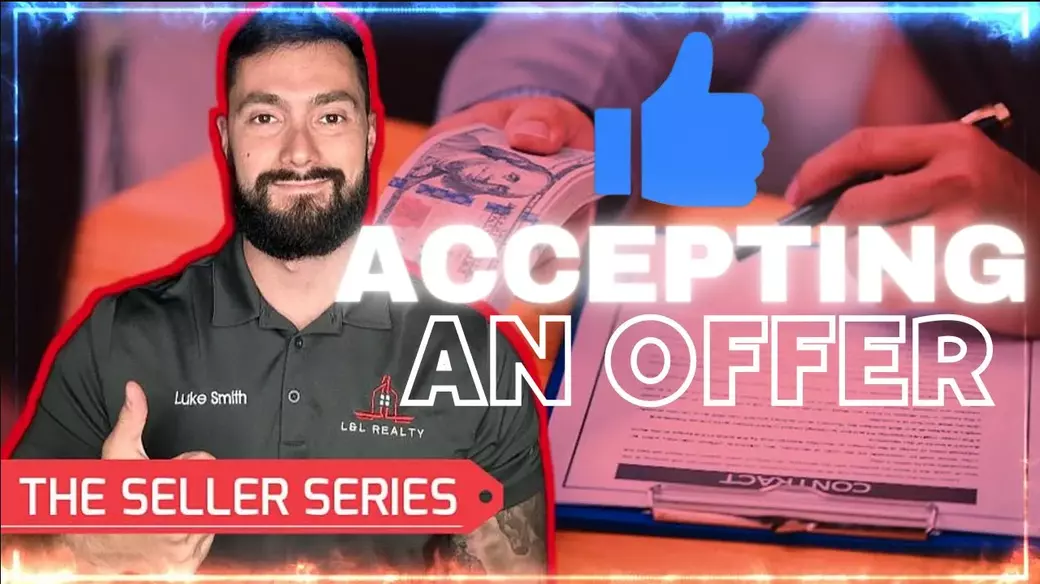
What Happens After You Accept an Offer? Navigating the Home Selling Process
TL;DR — After you accept an offer, you enter a legally binding sales contract that details the price, earnest money, contingencies, and any special terms; review it carefully with your agent, and consider having the earnest money held by the closing attorney for extra protection so funds are handled through proper channels if the deal changes; expect contingencies such as buyer financing, home inspection results, and the buyer's current property sale, and work with your agent to address these on a clear timeline to avoid delays or termination; your agent will provide a detailed transaction schedule including financing contingency expiration, home inspection deadline, appraisal, and the final closing date, and will keep you updated as dates shift; prepare for the inspection and appraisal by addressing obvious repairs and gathering documentation about renovations and comparable sales to support the price; stay organized and maintain open communication with your agent, using checklists and a centralized folder for documents; as closing approaches, complete a final walkthrough, assemble any remaining paperwork, arrange utility transfers and move-out plans, and rely on your agent to navigate the final steps; and throughout, leverage your agent’s marketing support to maximize exposure so the home attracts the right buyers and secures top-dollar offers, from listing to closing.
Congratulations! You've successfully marketed your home and received an offer from a buyer. This is an exciting milestone in the home selling journey, but the hard work is far from over. In this comprehensive guide, we'll walk you through the critical steps that occur after you've accepted an offer, helping you understand the process and prepare for a smooth transition to the closing table.
Finalizing the Sales Contract
When you accept an offer, you're entering into a legally binding contract with the buyer. This purchase and sale agreement will outline the terms and conditions of the transaction, including the purchase price, earnest money deposit, and any contingencies or special stipulations.
As the seller, it's important to review this contract carefully, ensuring that all the details align with your understanding of the agreement. Your real estate agent will be instrumental in guiding you through this process, helping you gather the necessary documentation and setting clear expectations for both you and the buyer.
One key element of the sales contract is the earnest money deposit. This is a sum of money, typically a percentage of the purchase price, that the buyer puts down as a show of good faith. The earnest money deposit is typically held by the closing attorney or a real estate firm, and it serves as a security deposit to ensure the buyer's commitment to the transaction.
I always recommend that the earnest money deposit be held by the closing attorney, as this provides an extra layer of protection for you as the seller. This way, if the buyer decides to back out of the deal, the earnest money will go through the proper legal channels, rather than being handled by the buyer's real estate agent or brokerage.
Understanding Contingencies
Most home sale contracts include contingencies, which are conditions that must be met before the transaction can be completed. These contingencies can cover a range of factors, such as the buyer's ability to secure financing, the successful completion of a home inspection, or the sale of the buyer's current property.
As the seller, it's crucial to be aware of these contingencies and to work closely with your agent to ensure they are addressed in a timely manner. Failure to meet these contingencies can result in delays or even the termination of the contract, so it's important to stay on top of the process and communicate regularly with the buyer and their representatives.
Navigating the Timeline
One of the most common concerns for sellers is the timeline of the transaction. When will the closing take place? When do the various contingencies need to be met? Keeping track of these deadlines can be a daunting task, but your real estate agent will be your ally in managing the process.
Your agent will provide you with a detailed timeline that outlines all the key dates and milestones, including:
-
The expiration of the buyer's financing contingency
-
The deadline for the home inspection
-
The appraisal process
-
The final closing date
It's important to understand that these timelines can be subject to change, as unforeseen circumstances may arise during the process. Your agent will keep you informed of any updates or delays, ensuring that you're always aware of the current status of the transaction.
Preparing for the Inspection and Appraisal
Once the contract is signed, the buyer will typically schedule a home inspection to assess the condition of the property. This is an important step, as the inspection can uncover any issues or necessary repairs that may need to be addressed before the sale can be finalized.
As the seller, it's a good idea to start preparing for the inspection by making any minor repairs or addressing any known issues with the property. This can help ensure a smooth inspection process and minimize the risk of the buyer requesting significant concessions or renegotiating the terms of the contract.
In addition to the home inspection, the buyer's lender will also order an appraisal of the property. The appraiser will assess the fair market value of the home, ensuring that the purchase price aligns with the property's worth. If the appraisal comes in lower than the agreed-upon price, it can lead to further negotiations or even the termination of the contract.
To prepare for the appraisal, it's a good idea to gather any relevant documentation about the property, such as recent renovations, upgrades, or comparable sales in the area. This information can help the appraiser accurately assess the value of your home and support the agreed-upon purchase price.
Communicating and Staying Organized
Throughout the entire process, clear and consistent communication is key. Your real estate agent will be your primary point of contact, keeping you informed of every step and ensuring that you're aware of any changes or updates.
In addition to regular updates from your agent, it's a good idea to establish your own system for tracking the progress of the transaction. This could involve creating a checklist of tasks and deadlines, or setting up a dedicated email folder to organize all the relevant documents and communications.
Remember, the home selling process can be complex and fast-paced, with many moving parts. By staying organized and maintaining open communication with your agent, you can help ensure a smooth and successful transition to the closing table.
Preparing for the Closing
As the closing date approaches, there are a few final steps you'll need to take to ensure a seamless transition. This includes:
-
Scheduling a final walkthrough of the property with the buyer
-
Gathering any remaining documentation or paperwork required for the closing
-
Arranging for the transfer of utilities and other services to the new owner
-
Coordinating the move-out process and ensuring the property is in the agreed-upon condition
Your real estate agent will be instrumental in guiding you through these final steps, helping you navigate any last-minute details and ensuring that the closing process goes off without a hitch.
Maximizing Your Home's Exposure
One of the key advantages of working with a real estate agent like myself is the ability to leverage cutting-edge marketing strategies to maximize the exposure of your home. By partnering with the #1 digital marketing company in the real estate space, we're able to generate tens of thousands of additional views on the homes we sell, ensuring they reach the right buyers and sell at the best possible prices.
Our innovative approach, which combines video tours, social media campaigns, and other digital marketing tactics, has proven to be highly effective in driving buyer interest and securing top-dollar offers. As a seller, you can rest assured that your home is in good hands, with a team of experts dedicated to showcasing its unique features and benefits to the widest possible audience.
To learn more about our marketing strategies and how we can help you achieve your real estate goals, be sure to check out our branding and marketing services. We're here to guide you every step of the way, from the initial listing to the final closing, ensuring a seamless and successful home selling experience.
Conclusion
Accepting an offer on your home is an exciting milestone, but it's just the beginning of the home selling process. By understanding the key steps involved, from finalizing the sales contract to preparing for the closing, you can navigate this journey with confidence and ease.
Remember, your real estate agent is your trusted partner throughout this process, providing valuable guidance, expertise, and support to ensure a smooth and successful transaction. By working closely with your agent and staying organized, you can focus on the next chapter of your life, knowing that your home sale is in good hands.
If you're ready to take the next step in your real estate journey, I encourage you to connect with me on Facebook or follow me on Instagram. I'm here to answer any questions you may have and to help you achieve your real estate goals, whether you're buying, selling, or investing in Middle Georgia properties. Let's get started!
Frequently Asked Questions (FAQ)
What is the earnest money deposit and who holds it?
Earnest money is a buyer's deposit showing good faith that they're serious about buying. It’s usually a percentage of the purchase price and is held by the closing attorney or a real estate firm; many sellers prefer the closing attorney to hold it to ensure it’s handled through proper legal channels if the buyer backs out.
What contingencies should I expect after accepting an offer?
Common contingencies include securing financing, completing a home inspection, and the buyer's ability to sell their current home; these must be satisfied for the sale to close; if a contingency isn’t met on time, the contract could be extended or terminated, so keep in touch with your agent and the buyer’s team.
How is the closing timeline determined and can dates change?
Your agent will provide a detailed timeline with key dates such as the financing contingency deadline, inspection deadline, appraisal, and the closing date; timelines can shift due to unforeseen issues, and your agent will notify you of changes.
How should I prepare for the home inspection and appraisal?
Prepare by addressing minor repairs and known issues; gather documentation of renovations and upgrades and comparable sales to help support value during the appraisal; the inspection may reveal items the buyer requests repairs or credits, which you can negotiate with guidance from your agent.
What can I do to stay organized and communicate effectively during this process?
Maintain regular contact with your agent, use a checklist and a central document folder, and rely on your agent as the primary point of contact to ensure you’re aware of deadlines, updates, and any late-breaking items.
Categories
Recent Posts
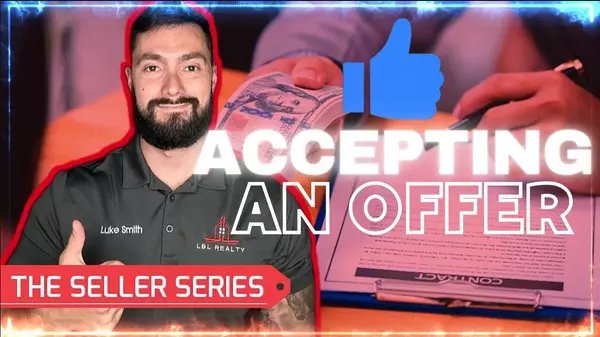
What Happens After You Accept an Offer? Navigating the Home Selling Process

Mastering the Art of Negotiating a Winning Offer for Your Home

Navigating the Offer Review Process: Strategies for Maximizing Your Home Sale
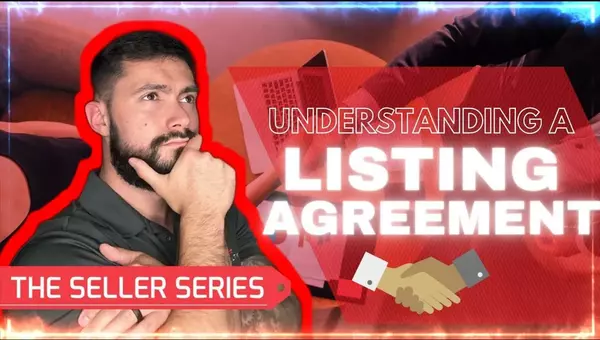
Mastering the Listing Agreement: Your Key to a Successful Home Sale

Unlock the Secrets to Landing Your Dream Job at Robins AFB
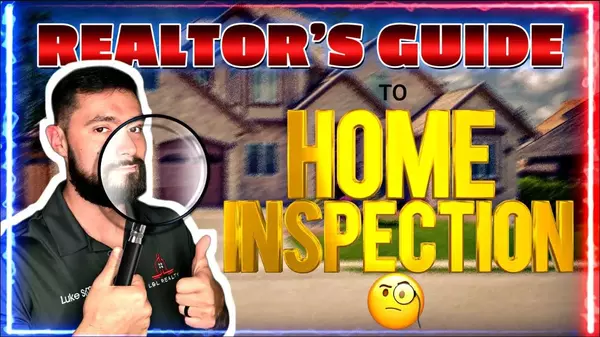
The Essential Home Inspection Checklist: Avoid Costly Surprises and Find Your Dream Home

6 Costly Mistakes to Avoid When Selling Your Home
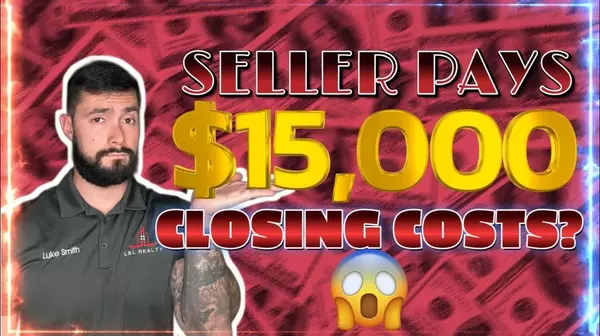
How to Get Sellers to Pay Your Closing Costs in Georgia

Top 7 Reasons to Move to Warner Robins, Georgia in 2024
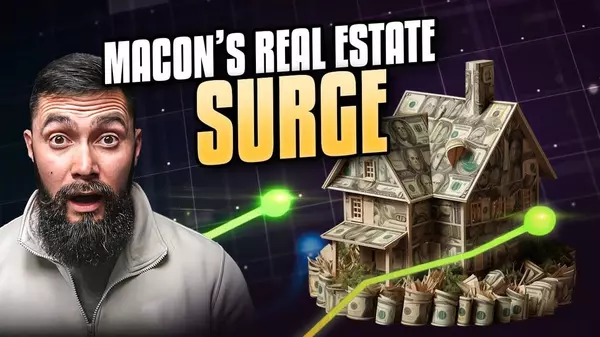
Unlock the Hidden Gem of Macon, Georgia: A Real Estate Investor's Paradise
